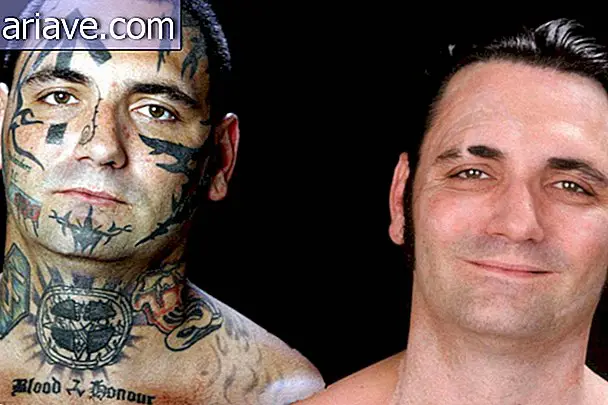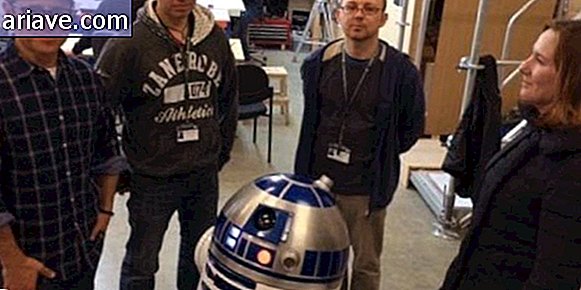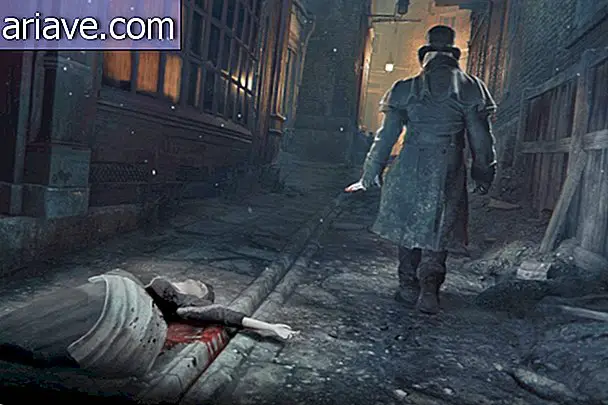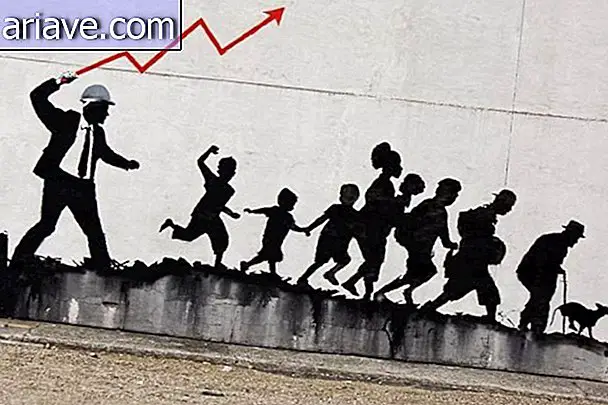Facebook HR explains why it doesn't hire the smartest people
Business Insider released statements by Janelle Gale, who works at Facebook's HR and is responsible for recruiting new employees for the company.
When we think of the opportunities that large companies, such as Facebook, offer to hire new employees, it is normal to believe that what makes the difference in this sense is a resume that ensures that the ideal candidate is the smartest and most as well prepared as possible, right?
It turns out that, according to Gale, that's not the recruiters' reasoning: “We are looking for apprentices, people who are familiar with fast learning, who are intellectually curious, and constantly looking to expand their knowledge, ” he explained.
Criteria

For Gale, the ideal candidate profile is that of the curious person, who is looking for feedback and is open to criticism and suggestions. The company takes this criterion seriously, even because it is always looking for the right people to hire and maintain the good quality of its services.
No wonder Facebook has just been voted the best place to work in 2018, with employees who only have praise for the work environment.
Gale points out that showing interest in learning is always a differentiator, but candidates who want to play the smartest and most intellectual usually don't like it - that is: you have to balance things and talk honestly and confidently instead of playing Sheldon. Technology Cooper.
balance

“If you have literally the smartest person in the room, who is the expert at whatever she does, and she's not open to learning, this is a big red flag for us. We need people who are looking to incorporate new behaviors, new information and new data into their skill repertoire, ”he explained.
One way to recognize these people who believe they know everything, according to Gale, is to realize if they overestimate themselves, if they believe in their abilities too much.
In addition, Facebook recruiters often ask questions about candidates' recent work, with questions such as “What have you been doing differently?” Or “What have you learned during this process?”. Taking too long to respond or simply not responding indicates that the interviewee is unwilling to expand their learning horizons.
Basically, the ideal candidate is one who demonstrates a certain vulnerability and who seems to reflect on things, besides, of course, being curious. That is: playing the smart guy is worth nothing; The important thing is to show interest, curiosity and willingness to learn. Ever.











